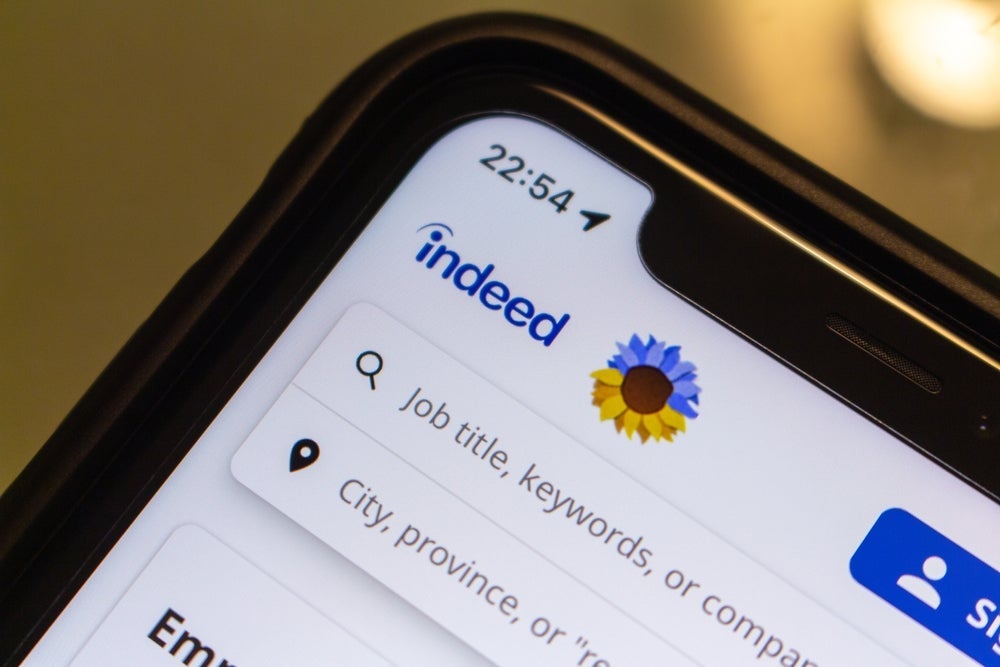Over 20,000 people and businesses in the UK have already been approached by Chinese spies, warned MI5 chief Ken McCallum in an interview with the BBC.
McCallum made the comments during a gathering of the Five Eyes alliance at Stanford University in California. Five Eyes is a global security intelligence alliance comprising Australia, Canada, New Zealand, the UK and the US.
The alliance held its first public joint meeting on Tuesday (17 Oct) to make public warnings over stealing of trade secrets through Chinese espionage.
Describing this espionage, McCallum stated to the BBC that MI5 had seen efforts of an “epic scale” attempting to gain technological trade secrets by approaching businesses and individuals over online sites like LinkedIn.
“If you’re working today at the cutting edge of technology then geopolitics is interested in you, even if you are not interested in geopolitics,” McCallum stated, explaining that trade secrets are now being poached from smaller companies as well as larger enterprises.
McCallum specifically mentioned that AI was among the sensitive technologies that MI5 believed was being targeted by Chinese espionage.
“These technologies are at a historic moment where they are beginning to change our world in pretty fundamental ways,” stated McCallum, “and we know that authoritarian states are laser-focused on the opportunities that these technologies may present to them.”
Worries over trade espionage have been increasing across the globe, with South Korea recently lengthening the prison sentences of workers who spread trade secrets knowingly.
According to GlobalData consultant Michael Orme, China had already been spying on the West for over 20 years gathering business and technological information.
“Now, as the US-China tech war heats up and shows no sign of cooling down in the visible future,” Orme explained, “Chinese cyber attacks and espionage in general, already rampant according to the M15 chief, will intensify.”
“A major issue is that many of the actual and potential targets in the West, public and private, are needlessly vulnerable because they don’t have nearly high enough standards of cyber hygiene,” Orme stated.
In the wake of McCallum’s comments, Orme stated that the UK government should address the issue nation-wide.














